The long weekend is in sight and the weather report is predicting sunshine and blue skies. This can mean only one thing for us Brits…BBQ time! If you’re planning on doing a spot of gardening, lighting up the BBQ, or just lazing around in the sun, make sure your garden is electrically safe!
Electrical Safety In Your Garden
- Majority of us keep our garden tools in a shed. Before you turn them on, firstly check them for water damage or cable damage by pests. Its a good idea to keep any garden tools in a dry, safe place. Most importantly, switch off and unplug all electrical items before cleaning or checking them.
- Make sure you have an RCD (Residual Current Device). If you don’t already have one in your fuse box, we recommend you invest in a RCD plug. RCDs protect against equipment fault or even accidentally chopping through a cable while gardening. An RCD cuts power in a fraction of a second which could save your life!
- We recommend you don’t take electrical equipment such as TVs or radios outside. All it would take is a few unexpected drops of rain, a spilt drink, or water from the sprinkler system to cause sparks to fly!
- Extension leads should never be used outside. Also make sure you have outdoor sockets installed. When using connectors, always make sure they are compatible to the actual equipment you are using and that they are designed for use outdoors.
- After bathing in the swimming pool (or paddling pool) ensure you are completely dry before handling any electrical equipment. This includes switches and sockets.
- If you want to install outdoor lighting for those warm, summer evenings. Make sure the lighting is suitable for outdoor use and is also weatherproof.
- Only buy garden tools from reputable manufacturers as they will have undergone thorough safety checks.

- Be aware of where cables are in your garden. It could be extremely dangerous if you accidentally cut through one while gardening. However if worst comes to worst, this is where RCD protection would step in.
There is nothing better than spending time in your garden on a sunny day. However its important to treat electricity with respect both inside and outside your house! If you’re ever unsure of anything then its always best to contact your local, registered electrician in St Albans, Hertfordshire and London.
We hope everyone enjoys the long Easter weekend. Please do not hesitate to contact us HERE.
Planning on working inside the home instead this weekend? Then check out our blog post all about electrical DIY!


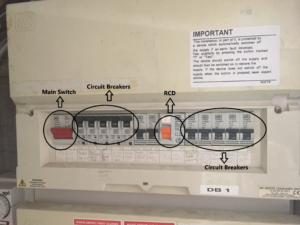
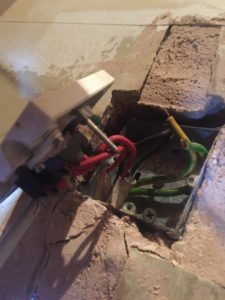 y near misses over the years! This could be due to incompetent tradesman,
y near misses over the years! This could be due to incompetent tradesman, 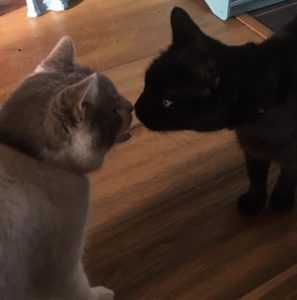 r absence.
r absence.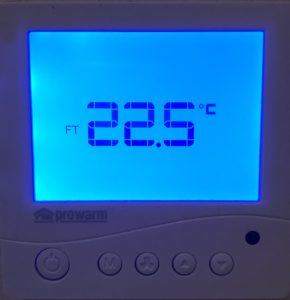 otprint.
otprint.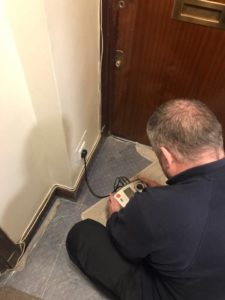 ance to both the Landlord and Tenants.
ance to both the Landlord and Tenants.

